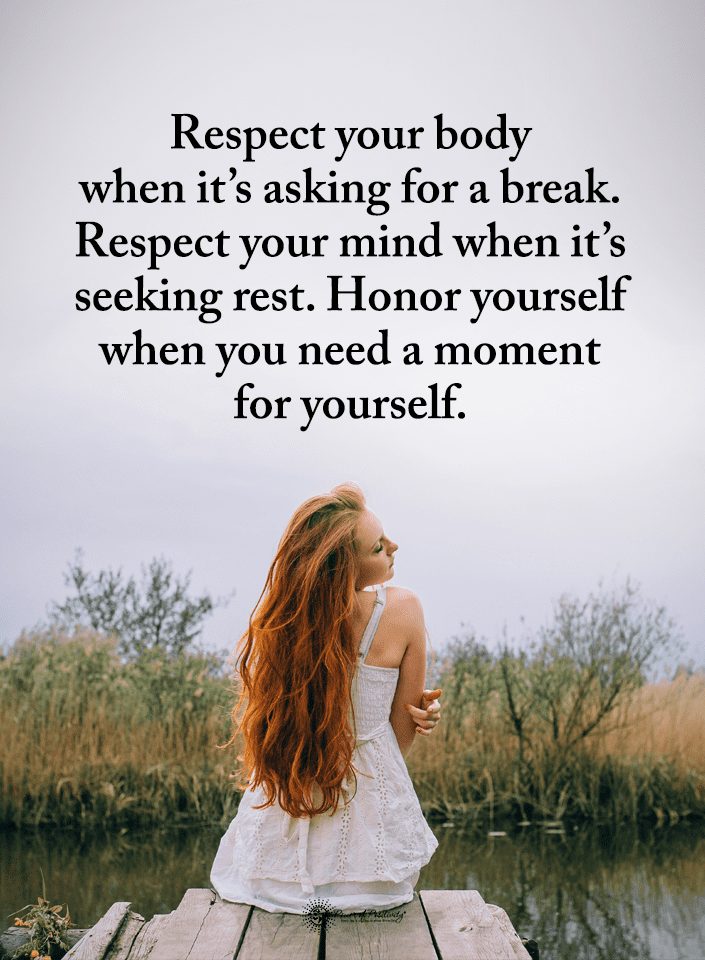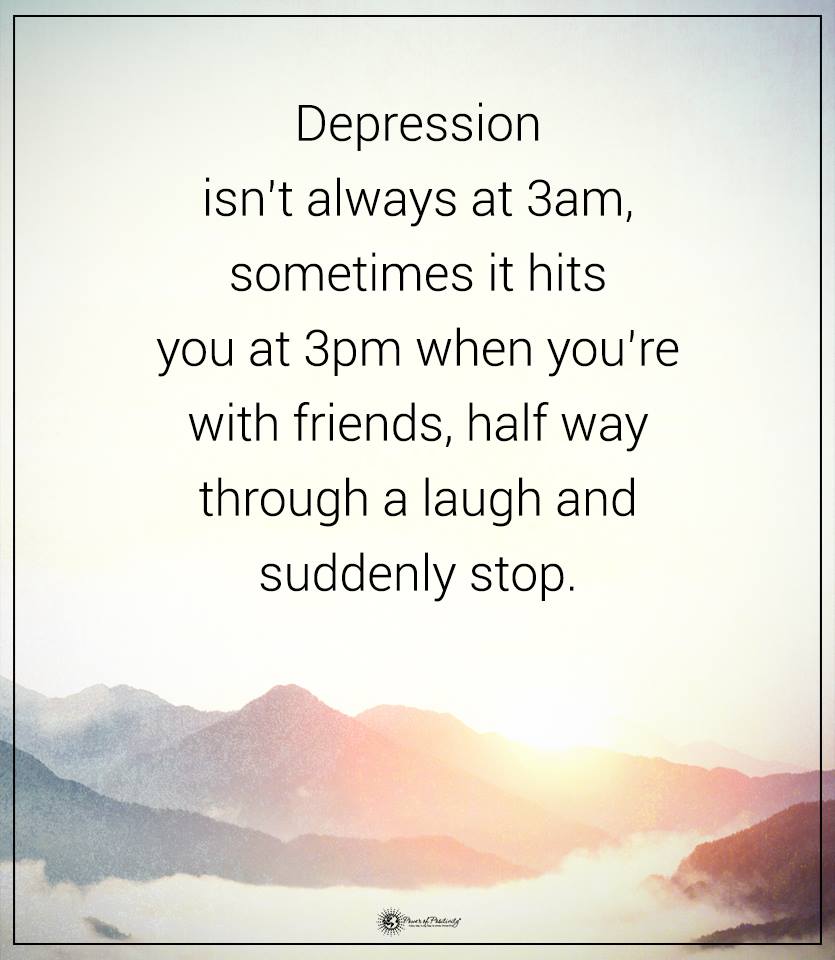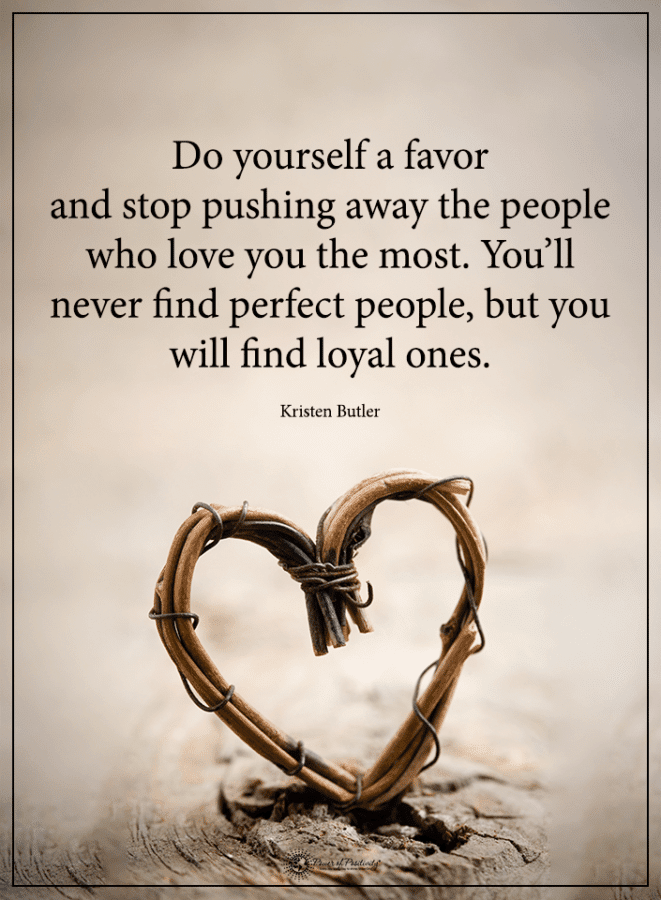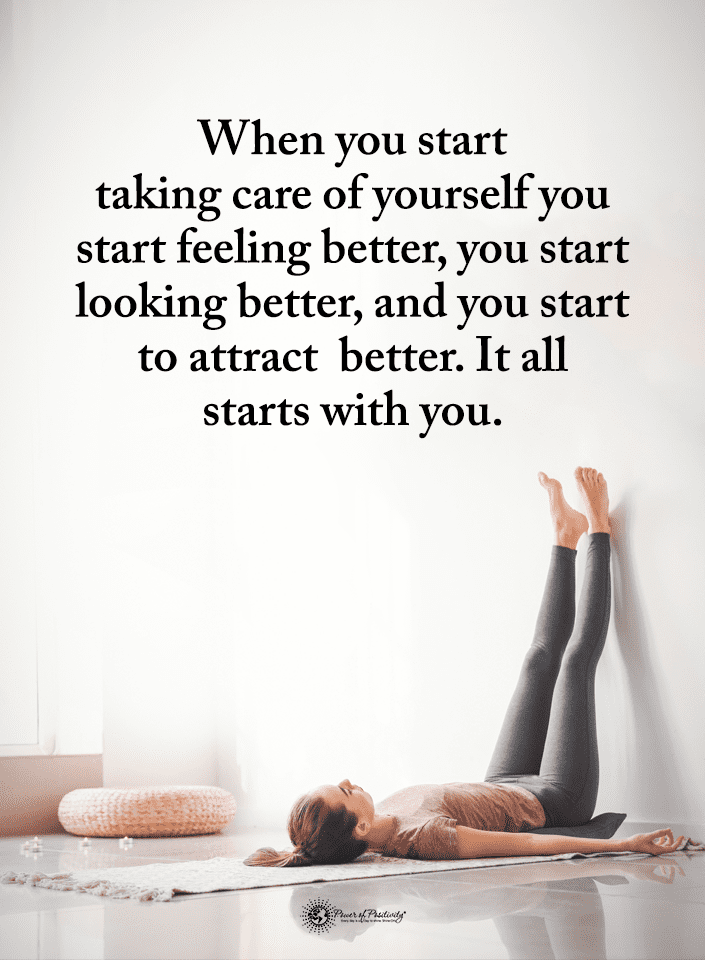Do your children do chores? They should! There are many benefits to performing everyday chores, and kids can learn a lot from doing simple, age-appropriate tasks around their homes. These chores can even lead them to grow into responsible adults. Learning to honor this responsibility helps increase maturity.
It sounds a little hard to believe, but think about it! Adults are the product of how their parents raised them and their past life experiences. If children don’t have the opportunity to be shaped by positive learning experiences, they grow up missing those vital parts of healthy adulthood.
The same goes for responsibility. If not given responsibility via chores, kids don’t learn that critical value. Research reveals that children who do chores might be more responsible adults.
1. They Develop Work Ethic Admired in Responsible Adults
Work ethic is something that all responsible adults share. They have an inherent belief that there is moral benefit and value in diligence, hard work, and the strengthening of character via this work. Essentially, it makes people want to work hard and be determined to complete their efforts.
When children learn to do chores, they value work as their own act. Kids who have adults do everything for them aren’t able to form the connection between work and its value, as they’ve never had to perform that work themselves. They don’t understand the labor involved in that work and expect that anyone can and will do it for them. This is detrimental to the formation of responsible adults.
According to research, multiple factors help to develop a positive work ethic. Doing chores will help your children to learn all of these factors. Here are those factors and why chores help with them:

· Prioritized Focus
Prioritized focus means automatically being able to focus on what someone can do over things they can’t. It also means concentrating on areas that fall under one’s responsibility or where one can provide the most impact. Doing chores will give kids a good idea of what they can do and how they can help around the house, and they’ll carry that knowledge into future learning as they develop more prioritized focus areas.
· Responsible Adults Take Goal-Oriented Action
Chores are simple tasks with clear goals, and you can tell your children what purpose each chore has. For example, putting away toys aims to keep things clean and clear to avoid potential injury. Or sweeping the floor has the goal of a tidy, hygienic, dust-free space. When performing these chores, children will learn to focus on achieving the goals of each task, thereby learning to take steps towards goals productively. They’ll also have more commitment to their long-term goals, which is crucial for their success!
· Reliability And Availability
If you model chores correctly to your children and guide them when they struggle to stay focused, you teach kids to be available for their tasks. Throughout the duration of a job, kids will learn to remain open and conscientious to make the chore easier, faster, and less stressful, forming a positive relationship with work and effort.
· A Cycle Of Positive Motivation Through Delayed Gratification
When children do chores, they learn that doing a good job has a good result from which they and everyone else benefit. This, in turn, helps motivate them to do a good job again the next time, even if it’s difficult and the reward takes time to receive. This positive cycle keeps many responsible adults going through complex tasks, and it’s an integral part of work ethic. Studies show that motivation via delayed gratification is central to future success in children.
· Self-Reliance Grows Responsibility
While children will need guidance when performing tasks at first, they will eventually be able to perform chores independently. Most kids love being given that kind of independence and will look forward to being able to do things themselves as grown-ups do. This serves as the basis for healthy self-reliance in children.
· Responsible Adults Display Ethical Behavior
It sounds far-fetched, but children learn the foundations of ethical and moral behavior by doing chores. This is because they’re able to value the effort and labor involved in performing various tasks, which makes them more empathic. Instead of expecting people to do everything for them and devaluing seemingly “simple” tasks, they learn to value the contributions of others and grow less entitled.
2. Responsible Adults Build Self-Esteem
It’s easy to point at someone irresponsible and assume that they’re lazy or the wrong person. In reality, there’s nuance to what creates and doesn’t create responsible adults. Multiple factors go into the way that adults complete tasks and perform work. While these factors are not an excuse for poor behavior, understanding them will help you to gain perspective on the values your children need to become responsible adults.
According to research, one of these factors is self-esteem Fortunately, chores can build self-esteem. However, this only works if chores are deemed everyday responsibilities and do not have a negative association. This means that unless circumstances are truly extenuating, kids should always have to do their assigned chores without exception. So you should not let them off chores, even if:
- They are exceptionally busy with schoolwork, upcoming exams, or extracurricular activities.
- They’ve performed very well in school, in extracurricular activities, or character, and they want to be let off chores as a reward.
- They become angry or upset that they must do chores because they’re busy or stressed out.

What happens if you let your kids not do chores for these reasons?
You end up communicating to them that their performance in school or other activities is an essential thing in their lives. When your children end up “failing” at one of these things, they lose their only pillar of competency.
Failure is a normal part of life, so attaching so much value to this specific kind of success can cripple self-esteem. Adults who grow up with their value tied to academic success become “irresponsible” because they feel worthless and put all their time and effort into proving themselves worthy with other forms of apparent external success, burning themselves out in the process.
Children are happier knowing they can always contribute to their house and home even when they “fail” in other areas. They also have the skills to keep up with daily routines, even under other forms of stress. This doesn’t just create responsible adults, but it also helps kids better care for themselves physically and mentally as they grow, says research.
Listen to why your child does not want the responsibility so you can respond kindly.
Note that this does not mean not listening to or validating your child’s emotions, concerns, or fears related to chores and stress. You shouldn’t take a “because I said so” approach to enforcing chores as critical tasks. The goal is to teach children to manage and balance all their responsibilities because, in adulthood, duties will not go away just because they are busy.
If your child expresses a desire not to do chores, listen to them and their reasons. Open a conversation about the importance of the responsibility. Remember that for kids, a lot of small things to us are very big to them, so validate your child’s concerns and don’t let them feel unheard. You know how to best speak to your child, so turn this into a teachable moment for them!
Of course, you can provide options such as asking other siblings for some help, and you may also use your best judgment to decide which tasks are appropriate. What matters is that the jobs should be a regular part of everyday life and essential as all other daily routines and that children still do them.
3. Responsible Adults Learn Important Life Skills
Responsible adults always seem to have things figured out – but they didn’t start with all that knowledge! They learned the life skills that they needed along the way. It’s the job of parents or guardians to equip their kids with the knowledge they need by:
- Directly teaching life skills to their children
- Giving their children the opportunity to practice various life skills
- Fostering an environment where making mistakes while learning is not punished but supported
- Bolstering their children’s confidence and self-efficacy so that they can learn other life skills on their own
- Modeling life skills in front of their children, allowing them to learn by example
- Praising children for their interest in learning various skills
For children to grow into responsible adults, they have to know how to perform everyday responsibilities, and they can learn that through chores. The goal is for your kids to be able to perform specific tasks independently by a certain age. For example, young children should learn to tie their shoelaces, and teenagers should be able to cook simple food.
Essentially, whatever life skills your children will have to use when they grow up and live alone are skills that they need the chance to learn and do through chores! Once they understand how to do a task, they can receive a reasonable amount of independence in performing it.
Final Thoughts On Why Children Who Do Chores Grow Up To Be More Responsible Adults
Chores should be a regular part of a child’s routine. Young children can do simple tasks that help adults with easy chores. In turn, they can accept more and more responsibility as they grow up. Ideally, you’ll want to introduce easy chores gradually into your child’s life as soon as possible, but it’s never too late to start a new habit. It may be tougher to convince older kids of the merits of chores, but it’ll be worth it!
It’s important to note that while chores can promote responsibility, children will need help and further guidance to learn and internalize the lessons of chores truly. Children will grow frustrated or have trouble understanding why they perform specific tasks, so be patient and ready to soothe and teach them as needed. Some kids need particular types of guidance that require more effort, and some may find certain chores harder than others, so keep that in mind, too!

















